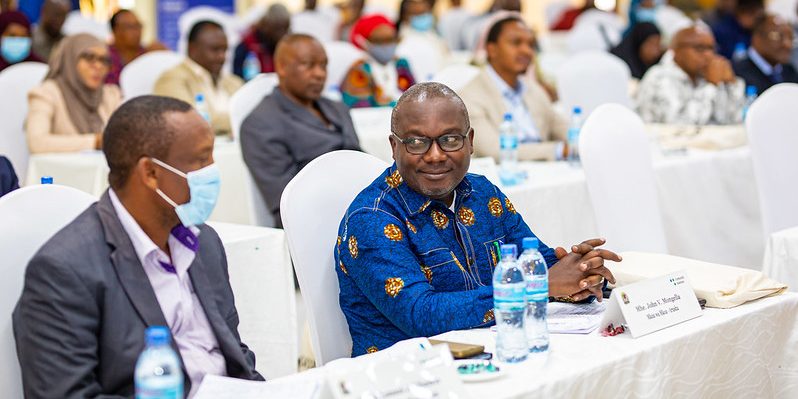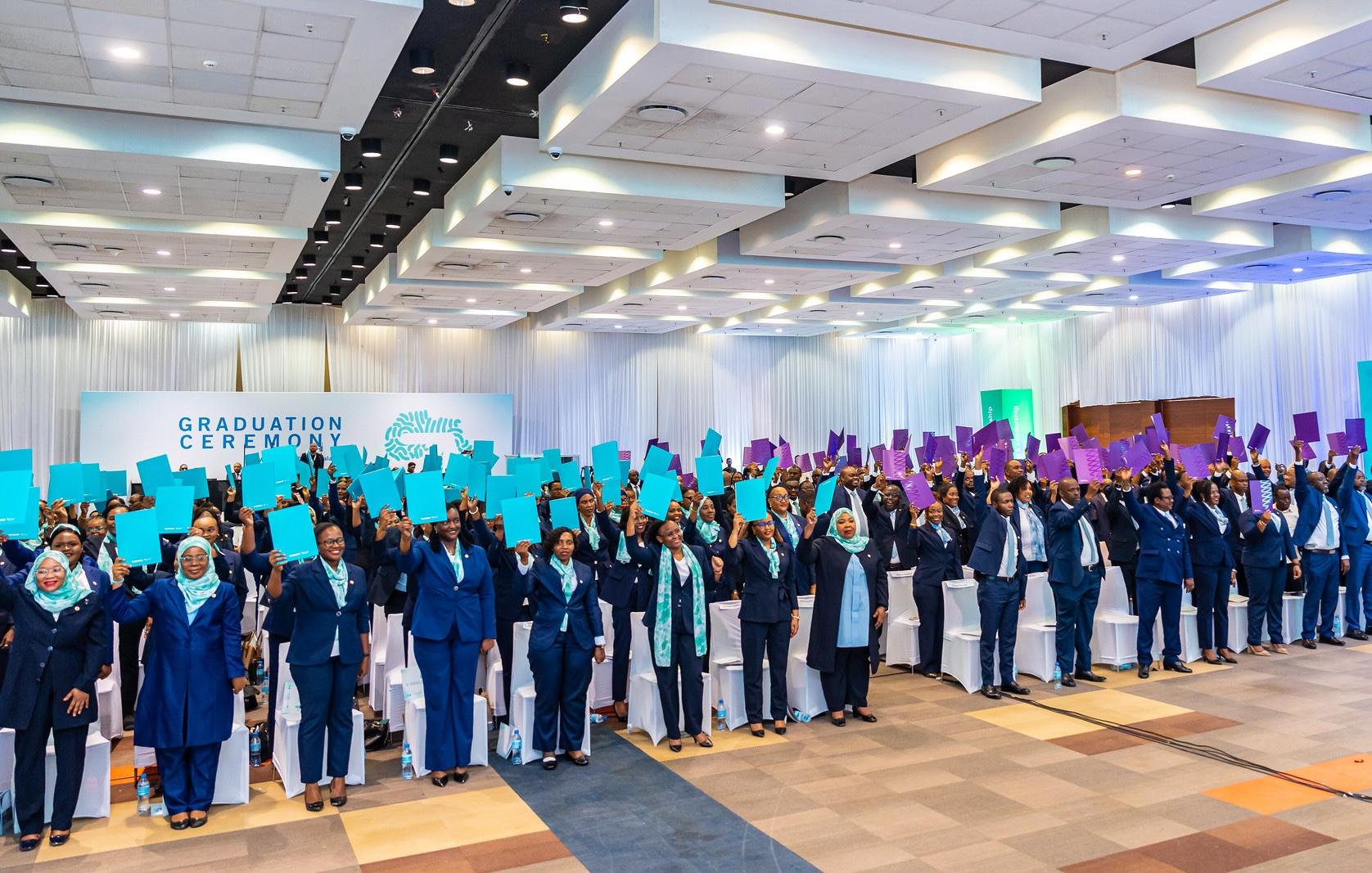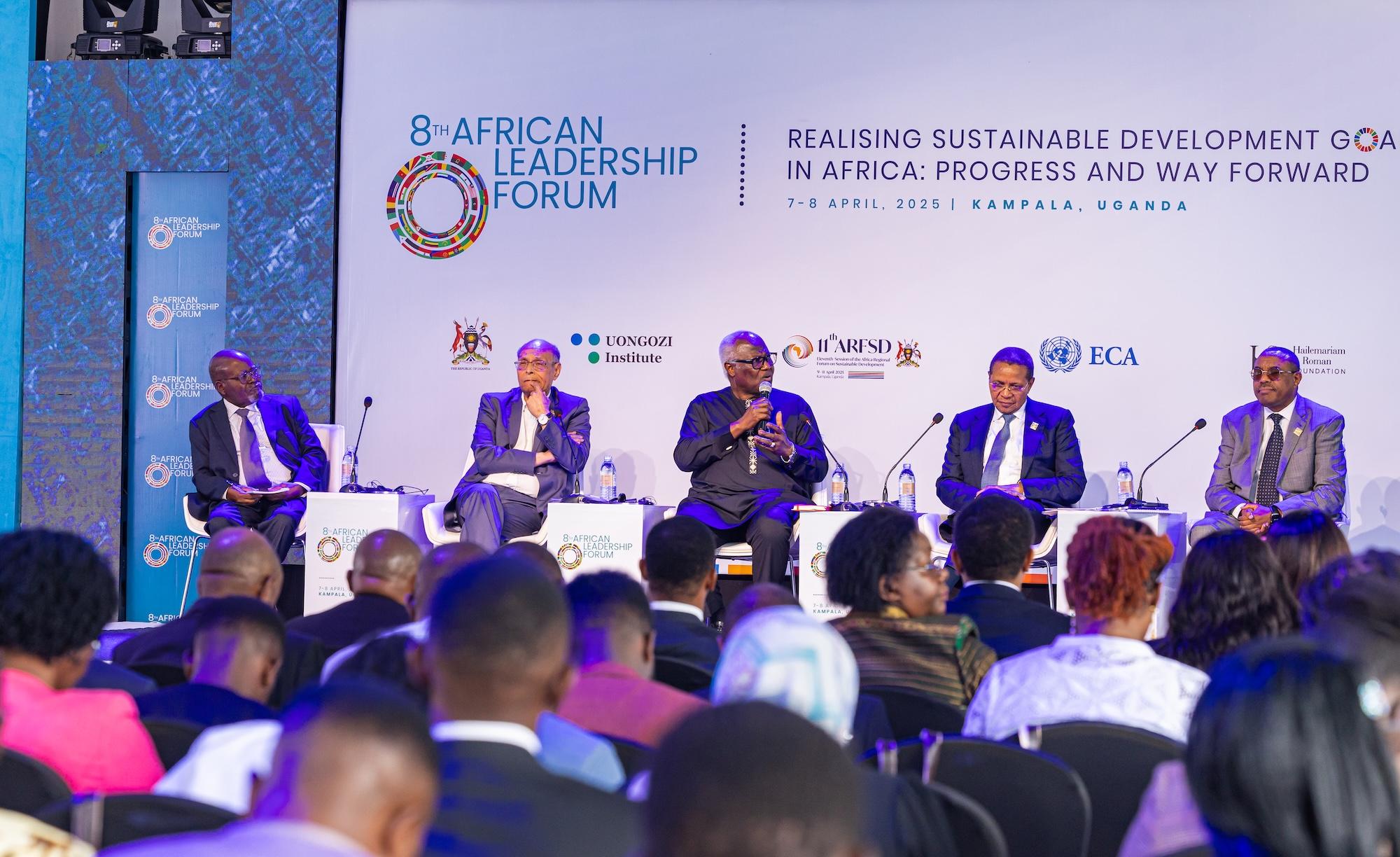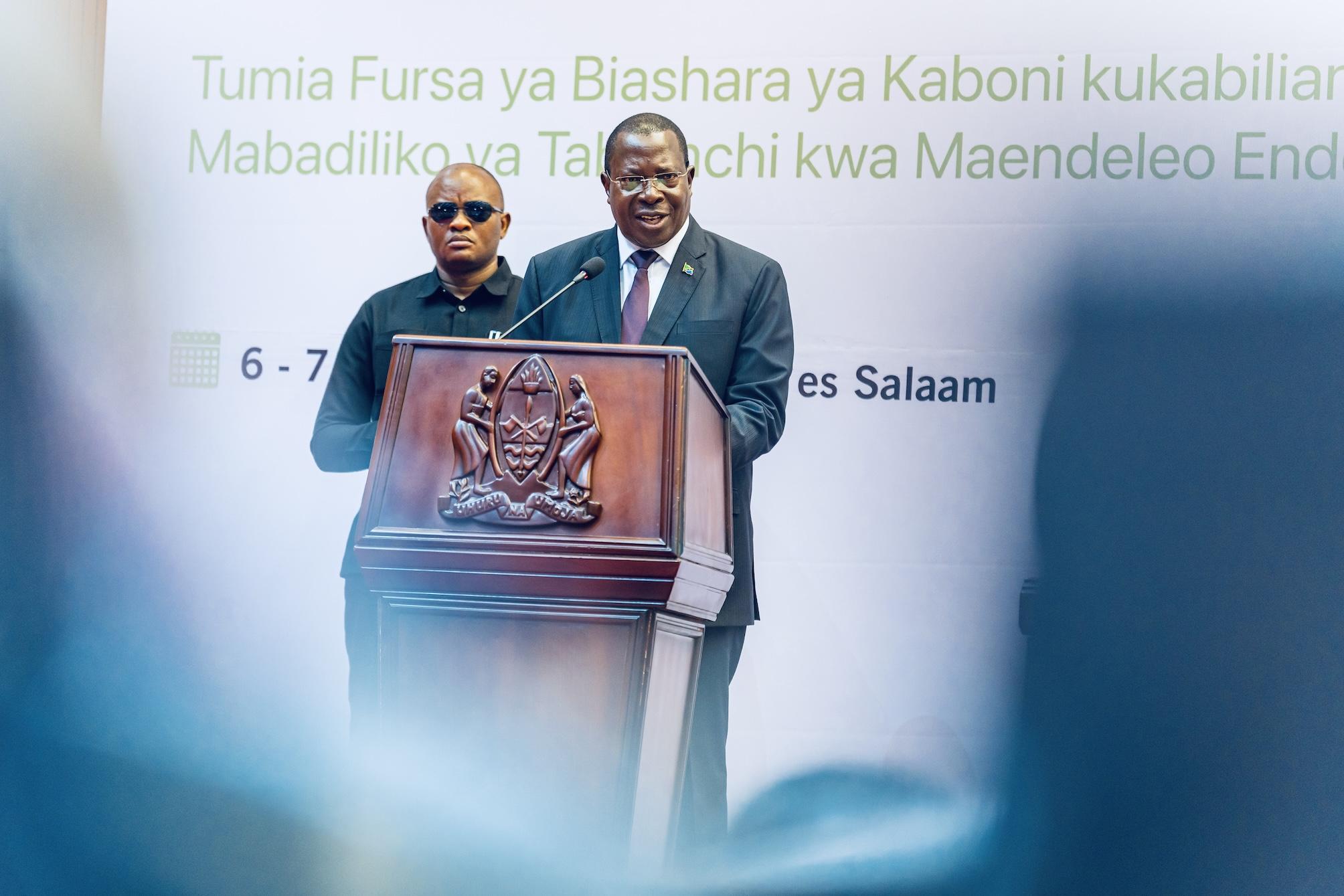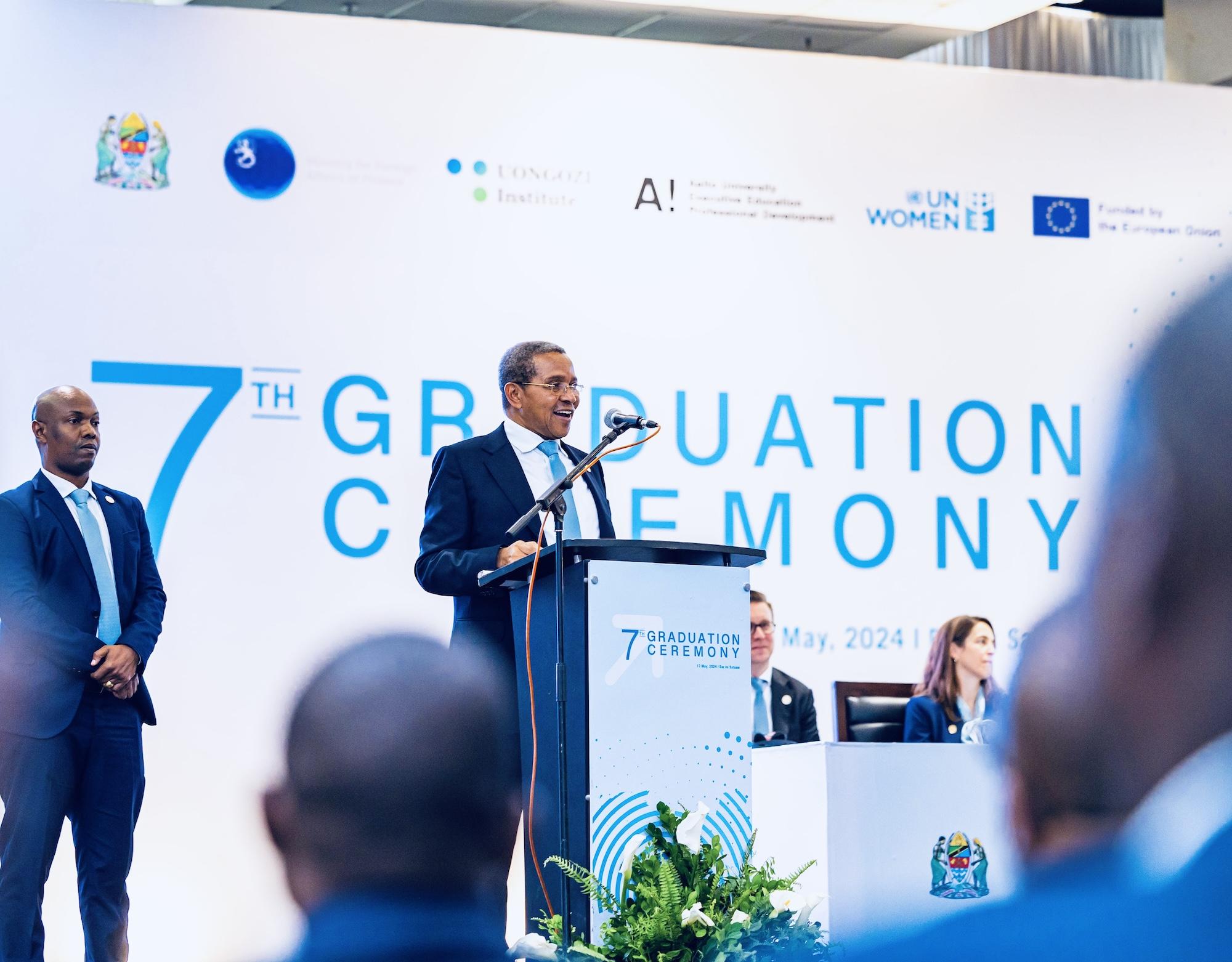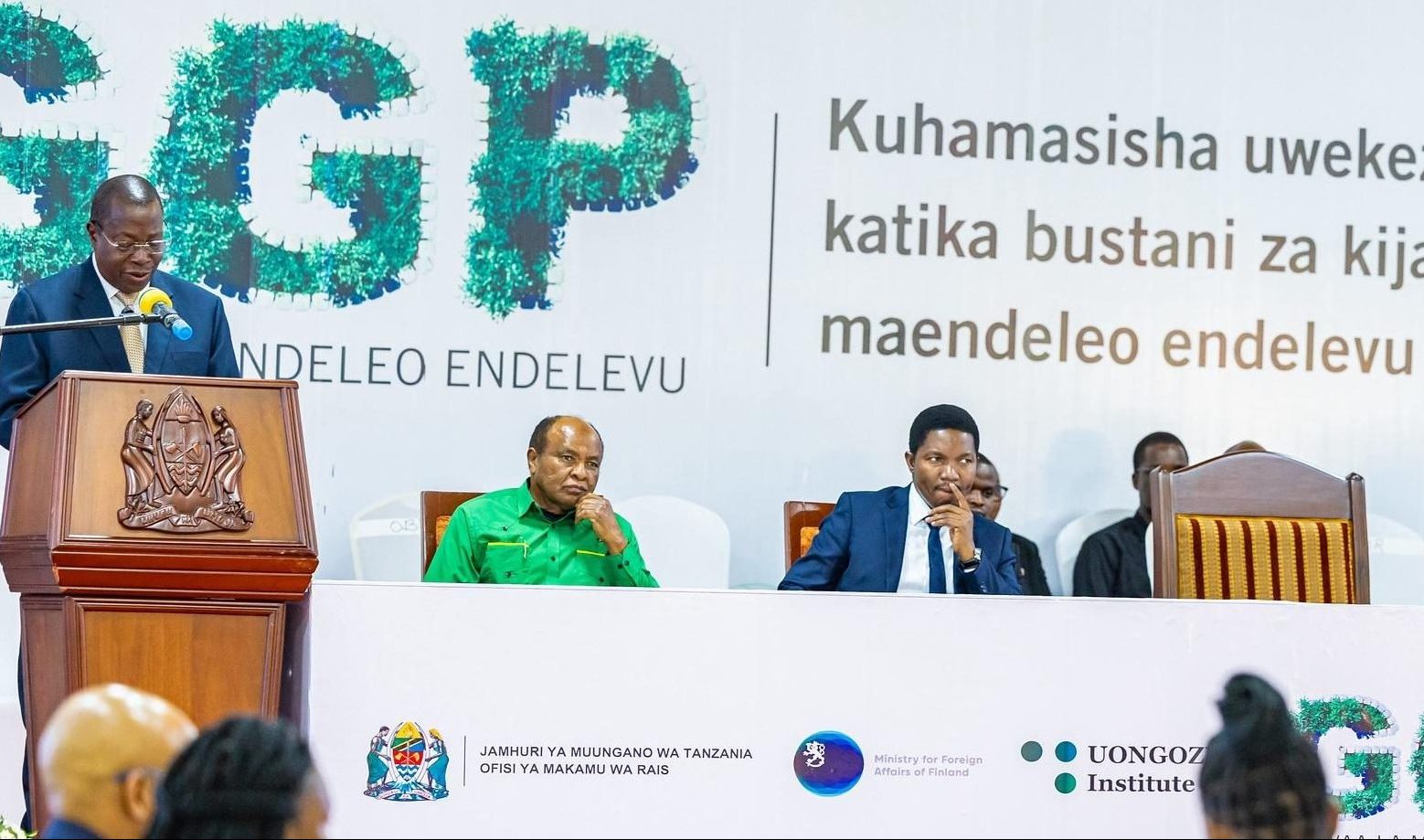Every newly appointed (or elected) leader has the eyes of those whom they are to lead upon them. On the leader’s side, this ‘all eyes on you’ can be overwhelming; it inherently represents expectations and accountabilities associated with the role. What is the best approach to meet that challenge? A leader may have some relevant competencies and experience from their previous positions, but a new role means a new team, challenges and expectations.
Helping new leaders, particularly presidential appointees, quickly and effectively integrate into their new roles is one of UONGOZI Institute’s specialties. Our New Leader Orientation programme helps newly appointed officials develop a deeper understanding of their functions as public leaders; become more self-aware and emotionally intelligent; as well as improve their decision-making and interpersonal skills.
Since 2010, the Institute has delivered the programme to various leaders in collaboration with the President’s Office – Regional Administration and Local Government, as well as the President’s Office – Public Service Management and Good Governance. Participants have included ministers, deputy ministers, permanent secretaries, deputy permanent secretaries, regional commissioners, regional administrative secretaries, district commissioners and directors of local government authorities in mainland Tanzania and Zanzibar.
During the last week of June 2021, we delivered this onboarding programme to Regional Commissioners (RCs) and Regional Administrative Secretaries (RASs) from 26 regions in mainland Tanzania, appointed by the President in May. During a four-day workshop in Dodoma, we explored essential leadership topics to support their transition and harness their potential. These included Personal Leadership; Emotional Intelligence; Ethical Leadership; Harmonious Political-AdministrativeInterfacing; Strategic Communication; Protocol and Etiquette; and Effective Management of Public Resources.
Prime Minister Kassim Majaliwa, while officiating the workshop, noted that the programme would provide the RCs and RASs with the necessary insights and tools to help them succeed in their new roles. He stated:
‘The selection of these topics is commendable. You will be taken through a series of self-assessments plus having an opportunity to reflect on ways to leverage your strengths for positive, maximum impact. That process goes side-by-side with your readiness to consider new ideas and shift your mindset.’
In his remarks, Mr. Kadari Singo, the Institute’s CEO, expressed the programme’s wider objectives:
‘By focusing on strategic leaders who steer the design and implementation of development interventions, this programme offers a pathway to socio-economic transformation in our country. Our hope is to work with our partners to keep it sustainable, including holding re-orientation workshops to further enhance their competencies.’
